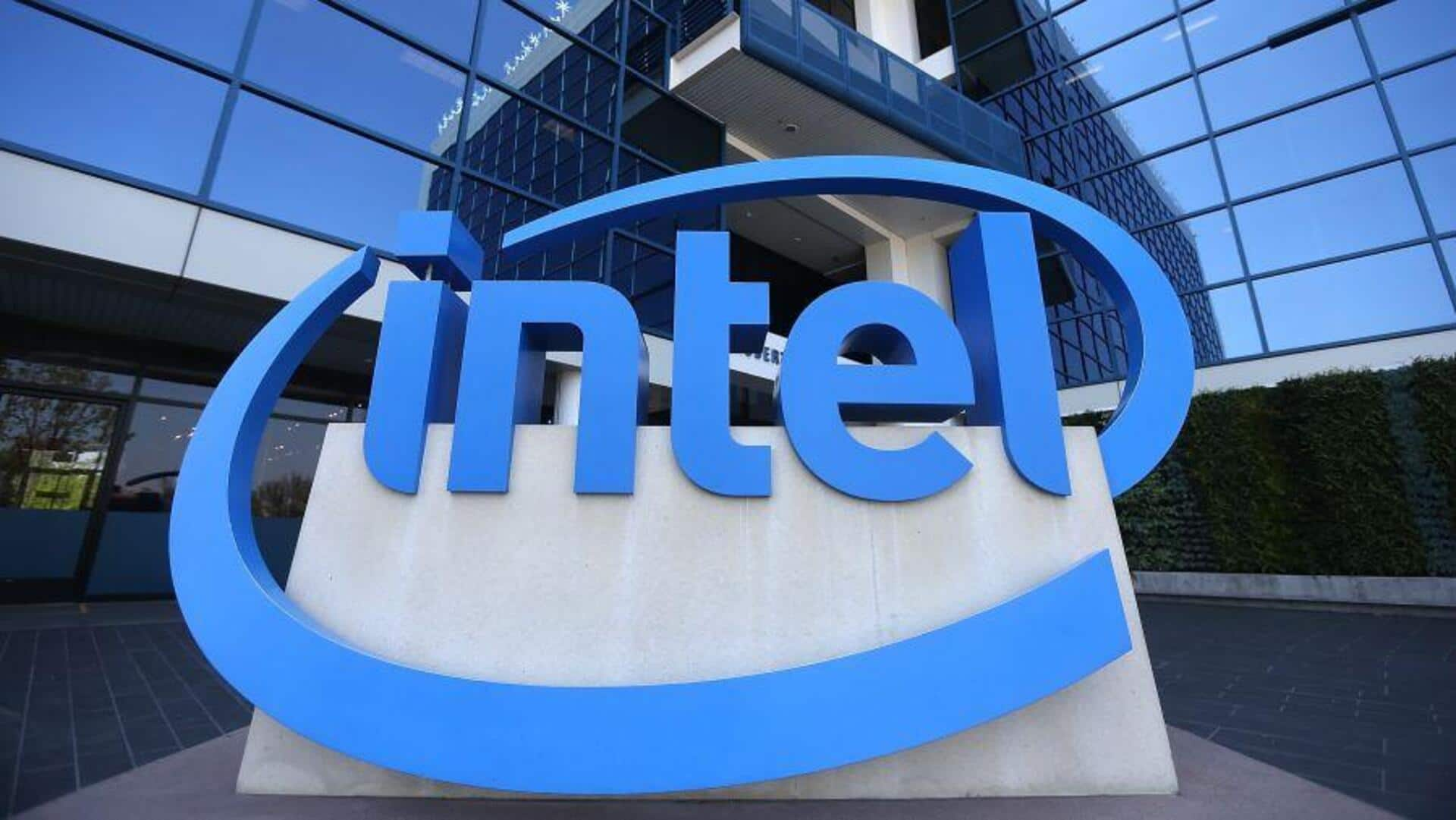
Intel gets $7.8B from US government to boost chip production
What's the story
The US government has awarded Intel a whopping $7.85 billion in CHIPS Act funding, as part of its plan to boost domestic semiconductor manufacturing. This is the biggest award under the CHIPS Act to date, although it is less than the maximum $8.5 billion allocated for Intel in March this year. White House's Deputy Chief of Staff Natalie Quillian announced it, calling it an important step in implementing President Joe Biden's CHIPS and Science Act and Investing in America agenda.
Growth strategy
Expansion plans and job creation
The CHIPS investment will go into building and expanding Intel's semiconductor fabrication plants in Arizona, New Mexico, Ohio, as well as Oregon. This expansion is expected to create as many as 30,000 jobs in these four states. According to The Wall Street Journal, Intel will get at least $1 billion in funds later this year. In exchange for the funding, the chipmaker has promised no stock buybacks for five years.
Contract details
Separate $3B contract and project timeline extensions
According to The New York Times, the funding was cut because Intel had secured a separate $3 billion contract in September. This contract involves the development of chips for national security products as well as military applications for the US government. Some of Intel's project timelines also extended beyond a 2030 government deadline, which contributed to the funding cut.
Revised projections
Revised investment plans and job estimates
Despite the funding, Intel has adjusted some of its plans. The company's expansion in Ohio will now generate 3,500 lesser jobs than the previously estimated 10,000. Additionally, Intel has reduced its planned US manufacturing investments from $100 billion over five years, to $90 billion by the end of this decade. These changes come amid difficulties with its next-gen 18A manufacturing process, and a record quarterly loss of $16.6 billion - the largest since its founding in 1968.
Loan refusal
Intel's decision to not finalize a separate $11B loan
Intel has decided against finalizing a separate $11 billion low-cost government loan that was offered in March. The company said today that the loan terms "were less favorable than anticipated for Intel's shareholders and did not align with Intel's long-term growth and market interests." It said it would discuss utilizing loan provisions with the incoming administration in the future.